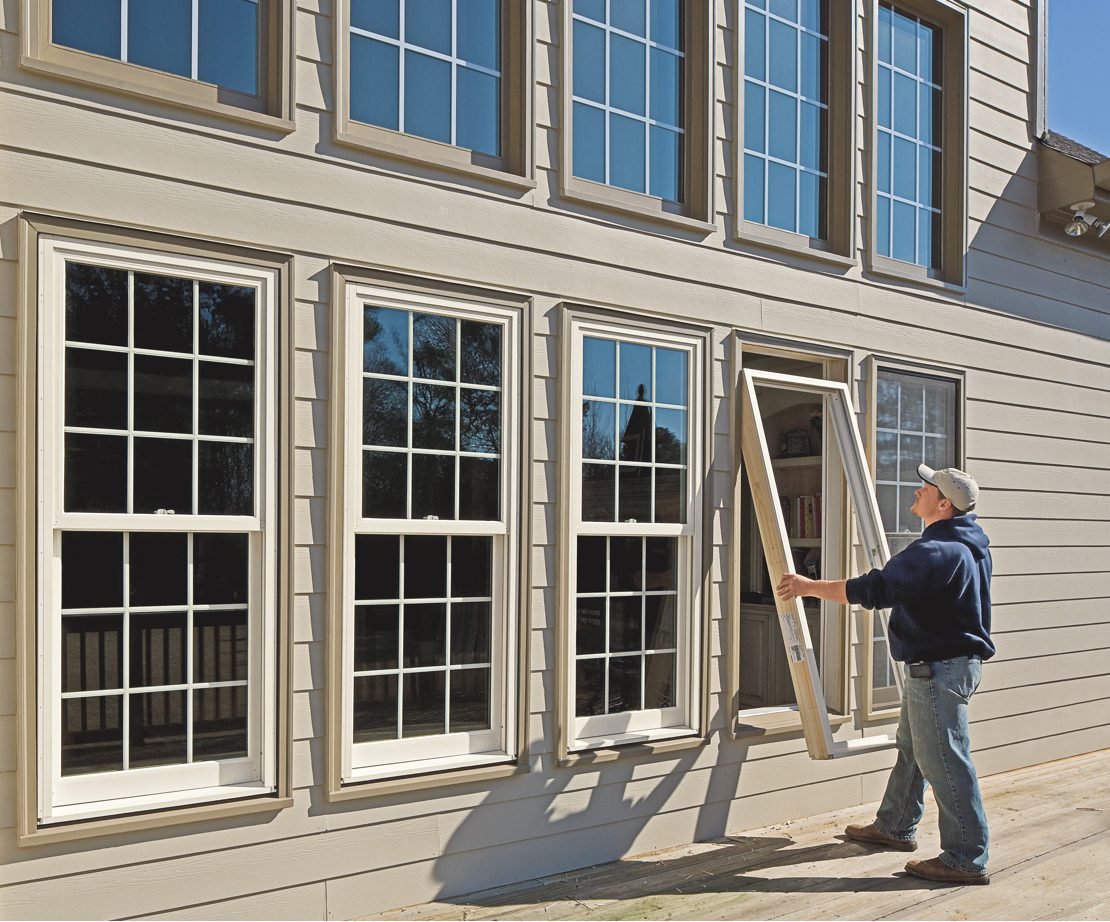
Benefits Of Replacing Your Older Windows
When you embark on a home improvement work of any kind, it helps to know what you’re going to get for your money years down the line. When you’re replacing your windows to create a tighter, more easily temperature-controlled home, a lot of factors contribute to the overall value of the project. For starters, it’s common knowledge that no matter what you spend out on window replacement services, materials, and installation, you’ll most likely be able to recoup that cost inside of a year through a combination of energy savings and money saved on longer-term home repair projects. But each project is still different, and each home’s value is subject to a host of different factors, such as age, location, overall maintenance, etc. If you’re curious about what your replacement window job is going to give your home back in value after the upfront cost, here are some helpful things to know about.
VALUE: SAVINGS O N ENERGY BILL
Most new windows can cost anywhere between $250 and $1,200 per window. While this might seem like a steep price to pay, it can end up paying off by increasing your ROI and helping you save on electricity bills. Even if you only opt to replace the windows in one central room in your home, you could be looking at a 15% cut down on your energy bill yearly. While that might not seem like much, think about the savings you’ll see over the course of few upcoming years. When it comes to temperature control in the house, these aren’t the only savings you’ll enjoy. As owner, it always pays to think critically about an investment. Don’t just tally up the money. If you replace all or most of the windows in your home with new, energy-efficient models like sash windows, you’ll be looking at the concrete savings of that yearly 15% decrease in energy bills, as well as the likelihood of a 73% return on your investment in the event of a sale. But that’s not only all you’ll be saving. Older windows are more likely to prone to leaks and drafts into a home. These are much more than just unpleasant, especially if you end up not doing anything about them. Leaks can lead to the formation of dangerous mold in your home which can then end up rotting your house from the inside, causing you to spend big for easily preventable repairs.
COST: NUMBER OF WINDOWS REPLACED
At base, you’re looking at upwards of $250-$350 per window should you choose replacement. Even if you do a few windows and leave the rest as is, this can feel like a huge expense, especially if you’re considering between using the money to get new windows and opting for a repair job. But while renovating your home can bring back a great ROI in the long run, keeping your windows from cracking or letting in leaks is something that’s going to affect your home in the long-run. If your home is drafty full of humidity, you’re going to have a harder time selling no matter what new renovations or improvements you’ve done. If you can put some money toward replacing even a few of your windows, you’ll be doing yourself a great favor.
COST: INSTALLATION AND SERVICE CHARGES
While many homeowners might assume that window installation is fairly straightforward and simple, it always helps to at least ask about the possibility of professional installation. Some window companies include this service in the entire cost of the window, while others will charge extra for services. In any case, it helps to have a certified professional at least oversee your window installation as it requires greater degree of perfection in order to be energy efficient. When it comes to poorly or incorrectly-installed windows, the potential damage is immeasurable. If you don’t install your window the right way, you could be looking at a massive sunk cost, not only for the cost of the windows themselves but the eventual damage and heat leaks you’ll be looking at in the future.
VALUE: PROJECTED HOME REPAIR SAVINGS
Your windows aren’t just there to let the sun light in. They are installed to protect your home and keep it standing as long as they possibly can. This doesn’t just mean keeping your house dry on rainy days in monsoon and keeping the heat out during the summer. It means protecting your home’s interior from UV ray penetration, keeping moisture out, and preventing any kind of mold growth that could endanger the foundation and the wooden furniture of your home. If you choose to save now by putting up with damaged or ineffective single-pane windows instead of effective one, you could end up paying much more in damages later on down the line.





